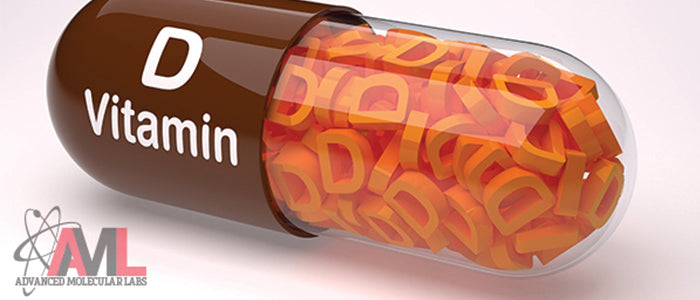


Vitamin D Decreases Inflammation: Discover Dietary Solutions
Vitamin D is synthesized in the body in a reaction involving sunlight. It can also be consumed in the diet by eating fatty fish, mushrooms and supplements. Low vitamin D levels are linked to poor bone health, muscle weakness, deficiencies in reproductive hormones, low aerobic capacity and increased body mass index (the proportion of weight to height). A review of literature led by Aaron Slusher from the University of Virginia concluded that increased body fat absorbed vitamin D, which decreased its availability in blood. While supplementing vitamin D reduces markers of inflammation, such as C-reactive protein, reducing body fat through diet and exercise might increase vitamin D levels and decrease inflammation. (Inflammation Research, 64: 565-575, 2015)
Vitamin D decreases inflammation, which is often linked to obesity. Ensuring adequate levels of this crucial nutrient can help in managing inflammation effectively. For those with low vitamin D, incorporating vitamin D supplements, such as cholecalciferol vitamin D3, can be beneficial. As a dietary supplement, vitamin D plays a vital role in how to reduce inflammation in the body. Additionally, combining vitamin D with foods that reduce inflammation can further support overall health.



